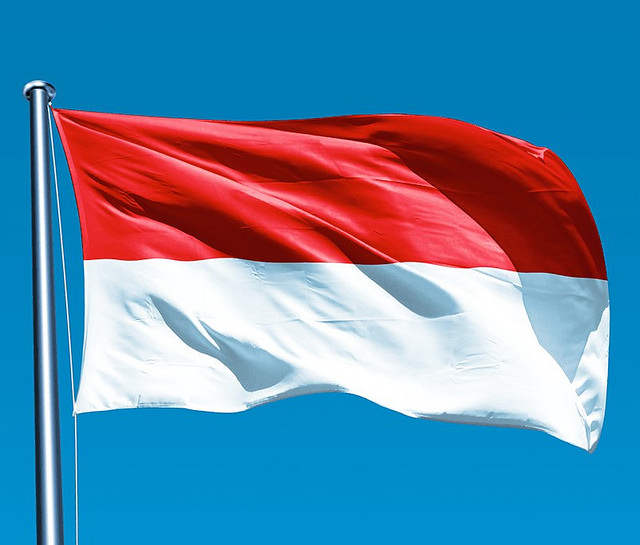News
Papuan students hold independence rally in Indonesia capital

The protesters marched down a main road leading to Indonesia’s army headquarters and presidential palace chanting “Freedom Papua” and holding banners reading “We are not monkeys” (Photo by Nathan Hughes Hamilton/Flickr, CC BY 2.0)
JAKARTA, Indonesia — More than 100 West Papuan students in Indonesia’s capital staged a protest against racism on Thursday and called for independence for their restive region.
The protesters marched down a main road leading to Indonesia’s army headquarters and presidential palace chanting “Freedom Papua” and holding banners reading “We are not monkeys.”
Many in the crowd painted their faces with a morning star flag that is a separatist group symbol, or wore headbands adorned with the flag.
There have been a number of protests this week triggered by videos circulated widely on the internet showing police, backed by soldiers, calling Papuan students “monkeys” and “dogs.
”
“We are not monkeys. We are human beings who want independence,” Albert Mungguar, a protest co-ordinator, told the crowd at the rally, which was organized by the Papua Students Alliance.
“We ask Indonesia’s president to hold a referendum for independence. It’s the right solution for the people of Papua,” Mungguar said.
Some protesters tried to get closer to the army headquarters, but security forces pushed them out.
The protest ended after about two hours. No one was detained, Jakarta police spokesman Argo Yuwono said.
Papua is a former Dutch colony in the western part of New Guinea that is ethnically and culturally distinct from much of Indonesia. It was incorporated into Indonesia in 1969 after a U.N.-sponsored ballot that was seen as a sham by many.
Since then, a low-level insurgency has plagued the mineral-rich region, which is divided into two provinces, Papua and West Papua. In recent years, some Papua students, including some who study in other provinces, have become vocal in calling for self-determination for their region.
Protests in several cities of Papua and West Papua provinces since Monday have turned violent.
The Communications and Information Ministry announced late Wednesday that it block internet access in the region in order to “accelerate the process of restoring security and order in Papua and its surrounding areas.”





















